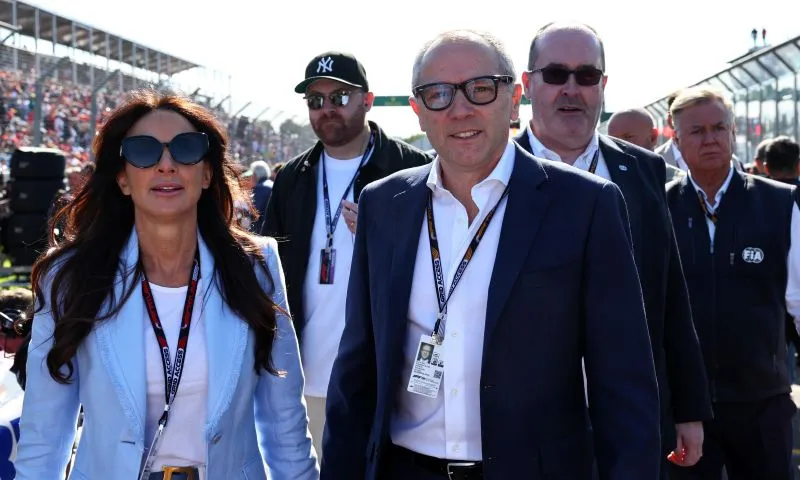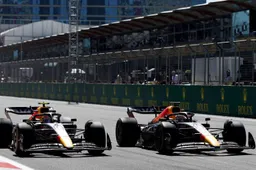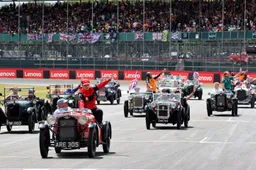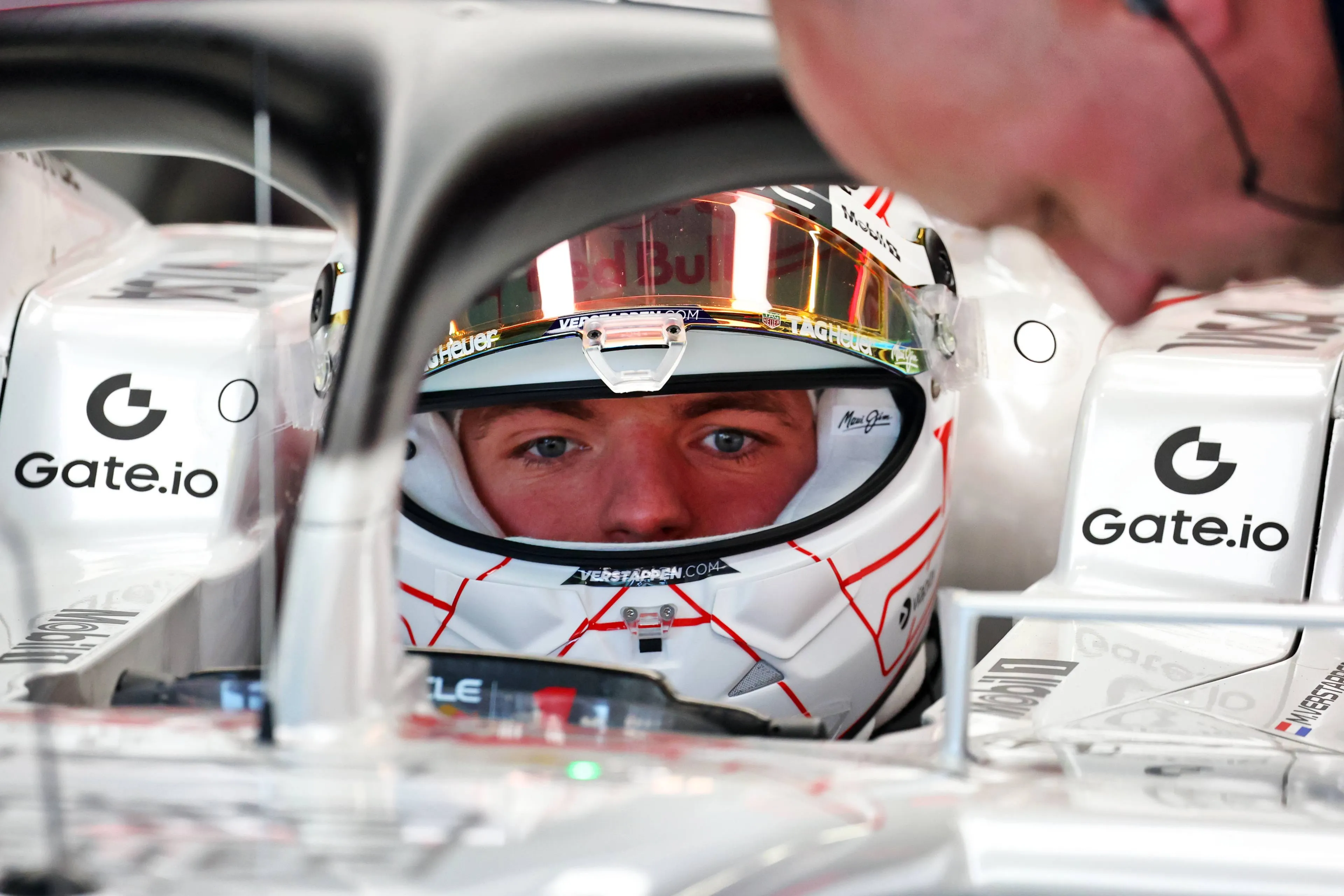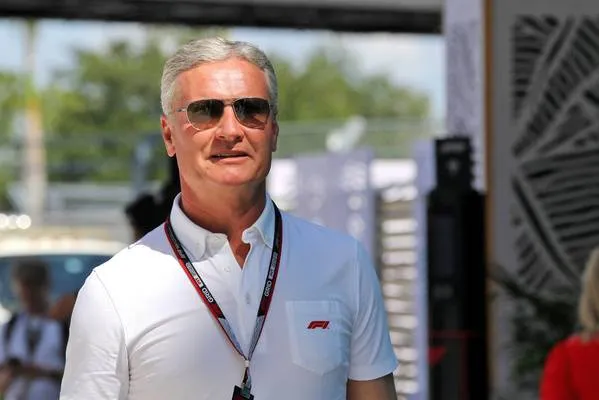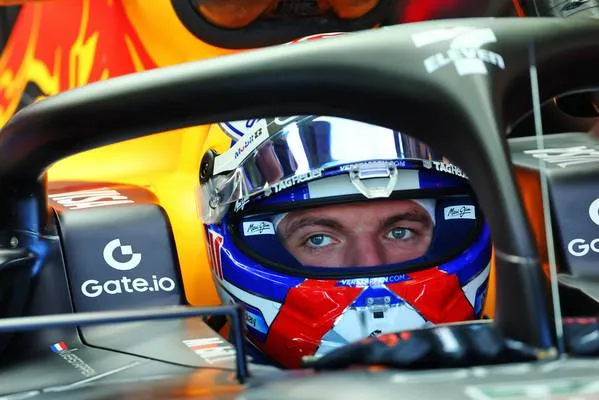Analysis | F1's challenge: growth, without losing the human touch
Formula 1 is growing exponentially. All over the world, organisers are queuing up to host a Grand Prix in their country. More races means more exposure, more fans and more income (to avoid a misunderstanding: not only for the Formula 1 organisers, also for the teams). F1 realised that working in the top class of motorsport is becoming increasingly exhausting, so it is rethinking how to ease the workload.
Stefano Domenicali is now 58 years old. Father of four children and CEO of Formula One Management (FOM). Several times a year, the Italian travels the world with and for the billion-dollar circus he runs these days. There is hardly any time to sit quietly on the couch; every weekend Domenicali is expected somewhere.
Limit in sight
It all seems to come easily to the former Ferrari team boss; meeting here, race there, shaking hands elsewhere. The CEO never complains, getting on that plane again and again on his way to a new appointment. With that, Domenicali is slowly becoming part of the minority. For some of those working in Formula 1, the limit of what is acceptable is coming into view.
Go figure: 23 Grands Prix (24 next year) plus the winter test, that's how long a season lasts these days. Thinking about the doubleheaders and even an occasional tripleheader, team personnel spend more than six months away from home, tucked away in a hotel. Year in, year out. Working in Formula 1 takes its toll. On family life (if any) and certainly on physical fitness. Mechanics in Formula 1 don't make nine-to-five days, it's hard work.
Way to earn a living
Perhaps there is an assumption that money pays a lot, but the lion's share of the staff receive a 'normal' salary. The top designer, team principal and drivers are just about the only ones who can become multi-millionaires from working in F1. For the rest, it is simply a way to earn a living. Of course, many fans would give up their arm to be part of F1. Being part of the circus once is significantly different from watching it from the sidelines.
"We do respect the balance of life, but we don’t have to also forget that we are blessed to be part of this system", Domenicali told Speedcafe recently. "We’re doing a job that if you don’t love it, no one is forcing you to do it. It’s something that you do if you like it."
Measures examined
Nevertheless, Domenicali realised that the limit to Formula 1's global expansion under the current possibilities is in sight. The number of 24 Grands Prix (although the maximum number of 25 is allowed, as agreed in the Concorde Agreement) is the maximum (for the time being) and, moreover, FOM is expressly looking at clustering races - i.e. not flying from place to place, but finishing the calendar per region. The latter should reduce travel time considerably.
A third way to improve staff welfare, according to Domenicali, is to employ more people. "Rotational people, having more people that can do the same job, that’s part of the right way to tackle the growth of the sport that is giving benefit to everyone." On the face of it, a noble idea, but there are a few snags.
The snags
For a start, financially: hiring more staff under the current budget cap rules means dividing the proverbial pie among more people. Either the current staff has to make do with less salary to fund the extra staff, something nobody is keen on. Option two is to raise the budget cap, with the consequence that revenues need to be increased. This can be done either by trying to bring in new sponsors or by holding more Grands Prix. In the latter case, the part of the paddock that is not redeemable, such as the drivers, is going to scaffold.
With Formula 1's popularity at an all-time high, it makes sense to forge the iron while it is hot. The challenge is how exactly to shape that. Domenicali and the teams face quite a challenge, that much is clear. "The reason why we are growing is because also the teams are… they are taking the right advantage for the fact that today, we can collect more money to share and to make sure that the system is strong for the future."
So everyone in the paddock has been 'warned'. The load is definitely not going to get less in the coming period.
Popular on GPBlog
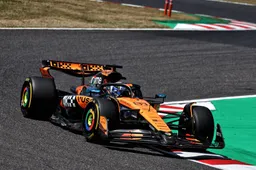
F1 Full Results | Japanese Grand Prix FP2: Piastri P1, Norris P2

F1 LIVE | Follow FP2 for the Japanese Grand Prix here
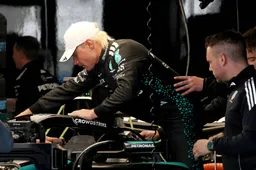
Mercedes breaks F1 rule ahead of Japanese Grand Prix weekend

